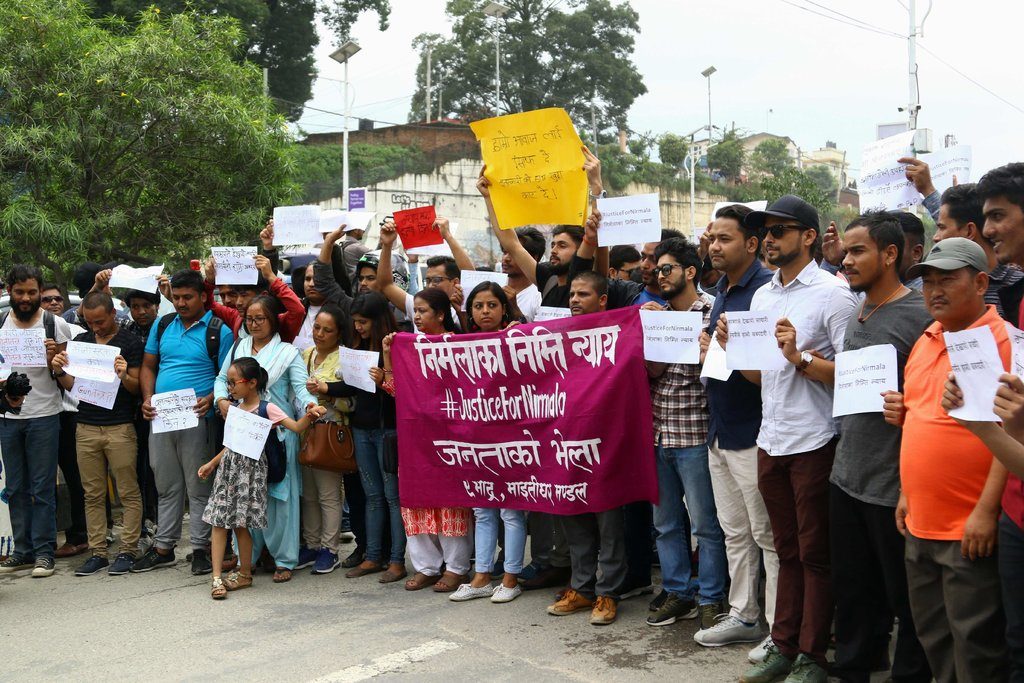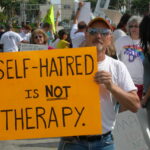Blog Post
Nepal bans porn after 300% increase in rapes
By Jonathon Van Maren
Over the past several years, I have given dozens of speeches at churches, high schools, and universities on the links between pornography and sexual assault, as well as participating in an hour-long radio debate on the subject with a professor from London, Ontario. The evidence that pornography has mainstreamed sexually violent behavior and led to an uptick in the acceptance of sexual violence both inside and outside the romantic context has been growing astronomically, and I dedicated an entire chapter of my 2016 book The Culture War to detailing that evidence and explaining why pornography needs to be treated as a social crisis. One human rights activist in India has even linked the rape pandemic there with the skyrocketing rates of porn consumption and has demanded government action.
Increasingly, the anti-porn coalition is moving beyond the unlikely marriage of feminists and social conservatives to encompass politicians who realize just how damaging this material is. The UK has taken steps to restrict access to porn. Several American states have declared it a public health crisis. The Canadian Parliament’s Standing Committee on Health examined the connections between porn and sexual violence. And now, Nepal has taken steps to ban porn completely. From The Daily Mail:
Nepal’s government has implemented a sweeping ban on all forms of pornography in its latest efforts to tackle the country’s rape problem. A statement released by Nepal’s Ministry for Information and Communication on Friday cited pornography as one of the primary drivers behind the country’s rape problem.
‘The Criminal Code 2071 article 121 and other prevalent laws prohibit the production and dissemination of sexually obscene contents. In order to prevent the access of such content through electronic media, the need of pulling down such websites inside Nepal has become necessary,’ stated the release from the ministry.
As part of the measures, the government of Nepal issued an order requiring local Internet service providers to block all pornographic sites in the country. Providers are concerned about the prohibition of pornography, because it is difficult to implement new sites with adult content that appear almost every day, and the site has been blocked by one provider are not blocked by others.
However, some providers of Internet services in Nepal have already started to block porn sites. According to government figures revealed in the Nepali Times in June, the total number of rape cases has increased four-fold in the past ten years. In 2016/17 there were 1,667 cases of rape compared to just over 400 a decade earlier – a rise of around 300 per cent.
Some activists, of course, are accusing the Nepalese government of engaging in diversionary tactics, and obviously there are many important facets to addressing a rise in sexual assaults, including stricter penalties and better policing. But it is an undeniable fact that easily accessible sexually violent material is also contributing to a shift in attitudes about sexual violence and creating a toxic rape culture where men spend countless hours watching—for entertainment—women and girls get violated, degraded, and abused. This is leaking into society at large in horrifying ways, and it is encouraging to see that governments are finally waking up to the fact that meaningful action must be taken.








